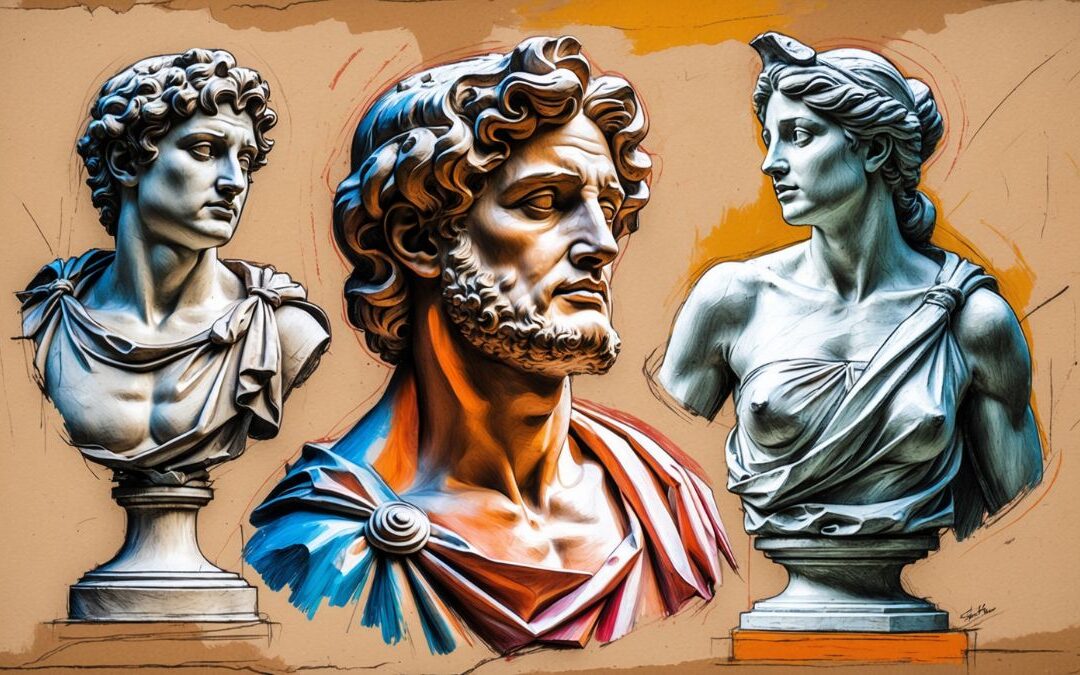Unveil the intriguing essence of ‘Doubting Thomas,’ a term deeply rooted in biblical tales. Wander through the annals of time to celebrate the skeptics, their drive for evidence, and how questioning can lead to profound belief and clarity.
Episode Audio
Interactive Transcript
Episode Transcript
In a small, sunlit village nestled beside a murmuring river, children would often gather around Elder Anna to listen to stories of old. Among her many tales, the one that captured their imagination most was the story of Thomas – the man who doubted, the skeptic, a figure from ancient texts who resonated across millennia. Today, when someone questions or expresses skepticism, they’re often dubbed a “Doubting Thomas.” But what’s the story behind this expression? And more importantly, why is doubting not as negative as it often seems?
This is your host Danny, and this is English Plus Podcast.
Thomas was one of Jesus Christ’s twelve apostles, known for his skepticism regarding Jesus’ resurrection. He declared that he’d only believe it if he could see and touch Jesus’ crucifixion wounds himself. When Jesus did appear and offered Thomas the evidence he sought, his doubt transformed into one of the most profound declarations of faith: “My Lord and my God!”
So, while the term “Doubting Thomas” initially carries a hint of criticism towards skeptics, its origin story hints at a deeper, more nuanced message: Doubt can often be the path to stronger belief.
Fast forward a few centuries, and we see the essence of Doubting Thomas in the great scientists and thinkers of the Renaissance period. Take, for example, Galileo Galilei. Skeptical of the widely accepted views of his time, Galileo demanded evidence. His need to see and understand led him to the telescope, forever changing our understanding of the cosmos. Like Thomas, he wasn’t content with merely accepting – he needed to see, understand, and only then would he believe.
Across the ocean, in modern-day New York, Julia, a young journalist, earned the newsroom nickname ‘Doubting Thomas.’ She never took any story at face value. Every lead, every source, was meticulously verified. While some saw it as a sign of mistrust, in reality, it was her commitment to the truth. It was this rigorous verification process that unveiled many truths and made her stories unshakeable.
In daily life, the essence of a Doubting Thomas surfaces when parents watch their toddlers endlessly ask, “Why?” It’s evident when teenagers question societal norms or when adults, in a new meditation class, wonder about its true benefits. Being a Doubting Thomas is about seeking understanding, about craving clarity. It’s about not taking things at face value and desiring a deeper connection with beliefs and truths.
In a charming town in France, a baker named Luc was known for his delectable pastries. But few knew of his “Doubting Thomas” journey. Luc had initially been skeptical about following family traditions, demanding to understand the essence of baking fully. It was only when he delved deep, learning the science behind each ingredient and technique, that he truly believed in the magic of baking. His skepticism led him to create pastries that were not just food but a sublime experience.
The tales of Thomas, Galileo, Julia, and Luc underscore a beautiful truth: Doubt, skepticism, or the desire for proof doesn’t diminish belief. Instead, it strengthens it. It ensures that what we believe in isn’t just accepted passively but is understood, felt, and internalized.
In a world bursting with information, being a Doubting Thomas is more relevant than ever. It encourages us to not just consume but to question, to explore, and to understand. While the term began with an apostle’s skepticism, today, it stands as a testament to the beauty of the journey from doubt to conviction.
So, the next time you’re dubbed a “Doubting Thomas” or come across one, remember the stories. Embrace the skepticism, dive deep into the exploration, and watch how doubt transforms into an unshakable, profound belief. After all, in the dance of life, doubt and belief aren’t opposing forces but partners, guiding us towards deeper truths and more profound convictions.











0 Comments